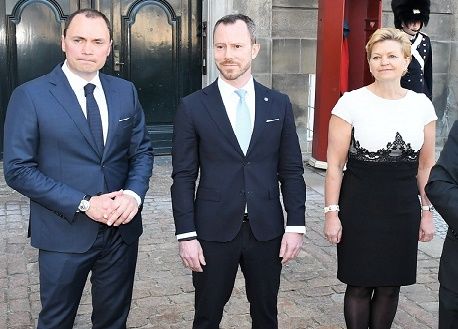The new minister for education and research, Tommy Ahlers, has announced changes to the government’s national strategy for open access.
The minister’s new goal is that by 2025 there should be free access to all Danish scientific articles and research paid for through public money.
READ ALSO: Researchers’ results to be free for all
In order to accomplish this, agreements will have to be made with publishers so researchers use open access, and universities, funds and ministries get behind the project.
The more the merrier
In 2017 the amount of open access material was only 36 percent, but some universities can boast better results than others. For example, Copenhagen’s IT University has 98 percent open access research.
“It is my ambition that we should all be able to gain access and use researchers’ knowledge and results so that we derive even more benefits from the research,” said Ahlers.
“Open access is an important tool that allows knowledge from researchers to be propagated to work and inspire. We have set a very ambitious target but things are moving in the right direction,” Ahlers added.
It is still the intention that open access should be voluntary. The new initiative now defines exactly who is responsible for which areas. For example, research institutions are responsible for informing and helping researchers on a practical level, while the ministry is responsible for working towards economically-viable development.
















